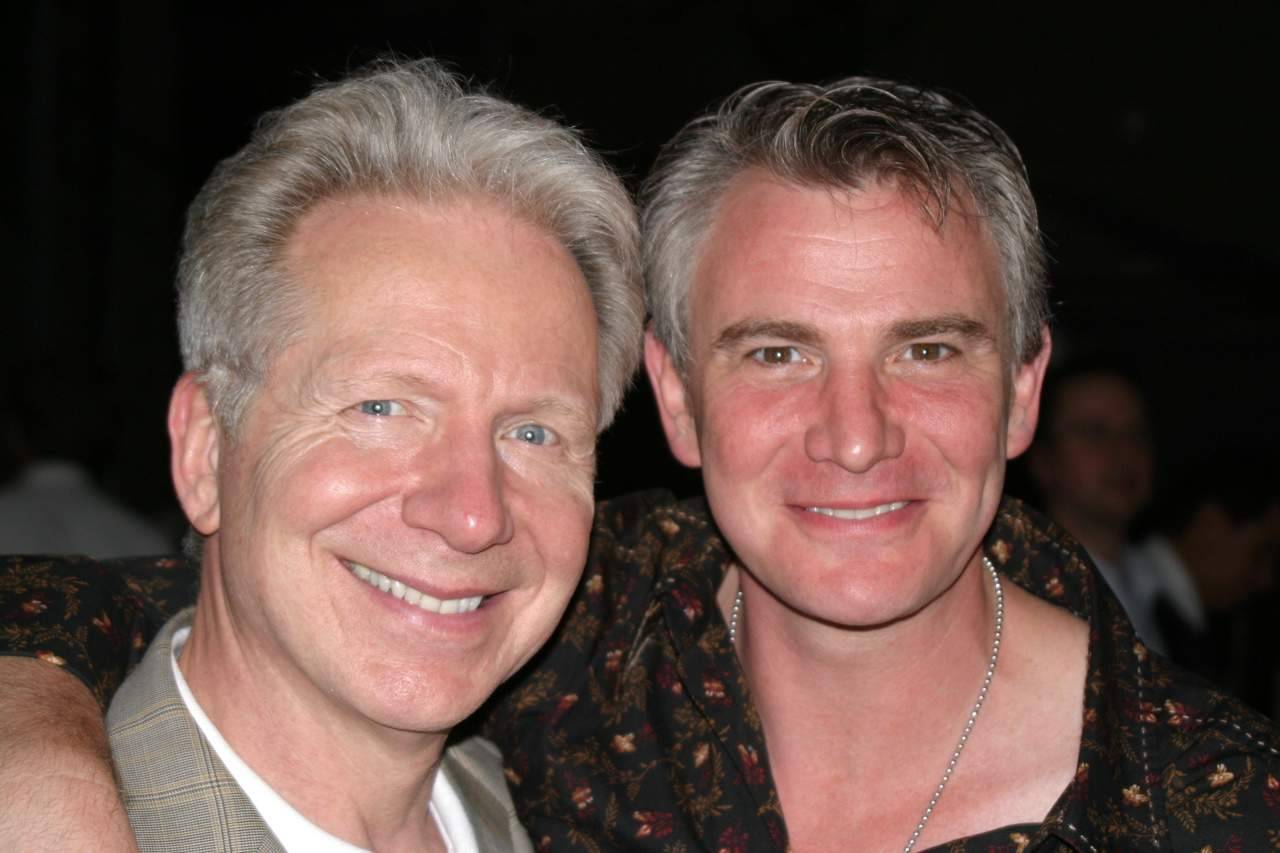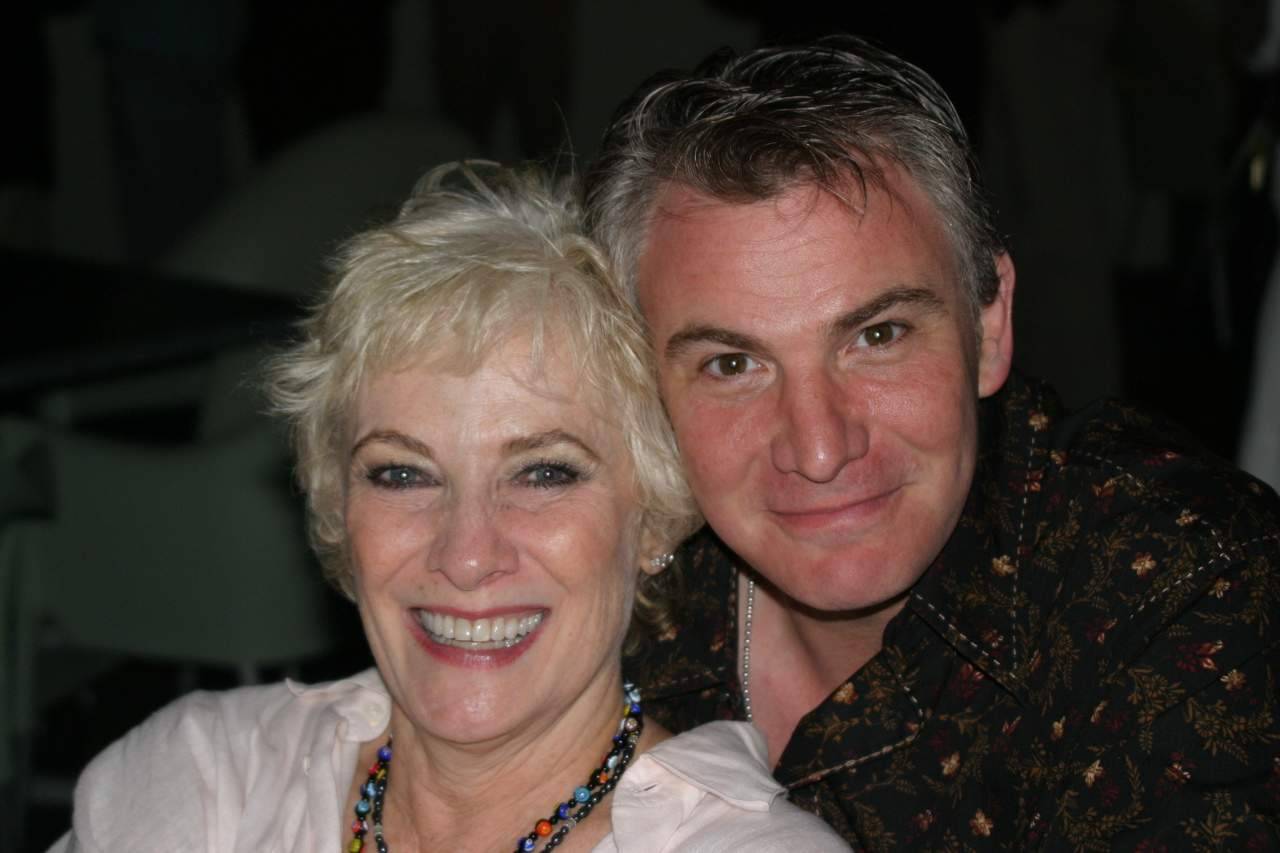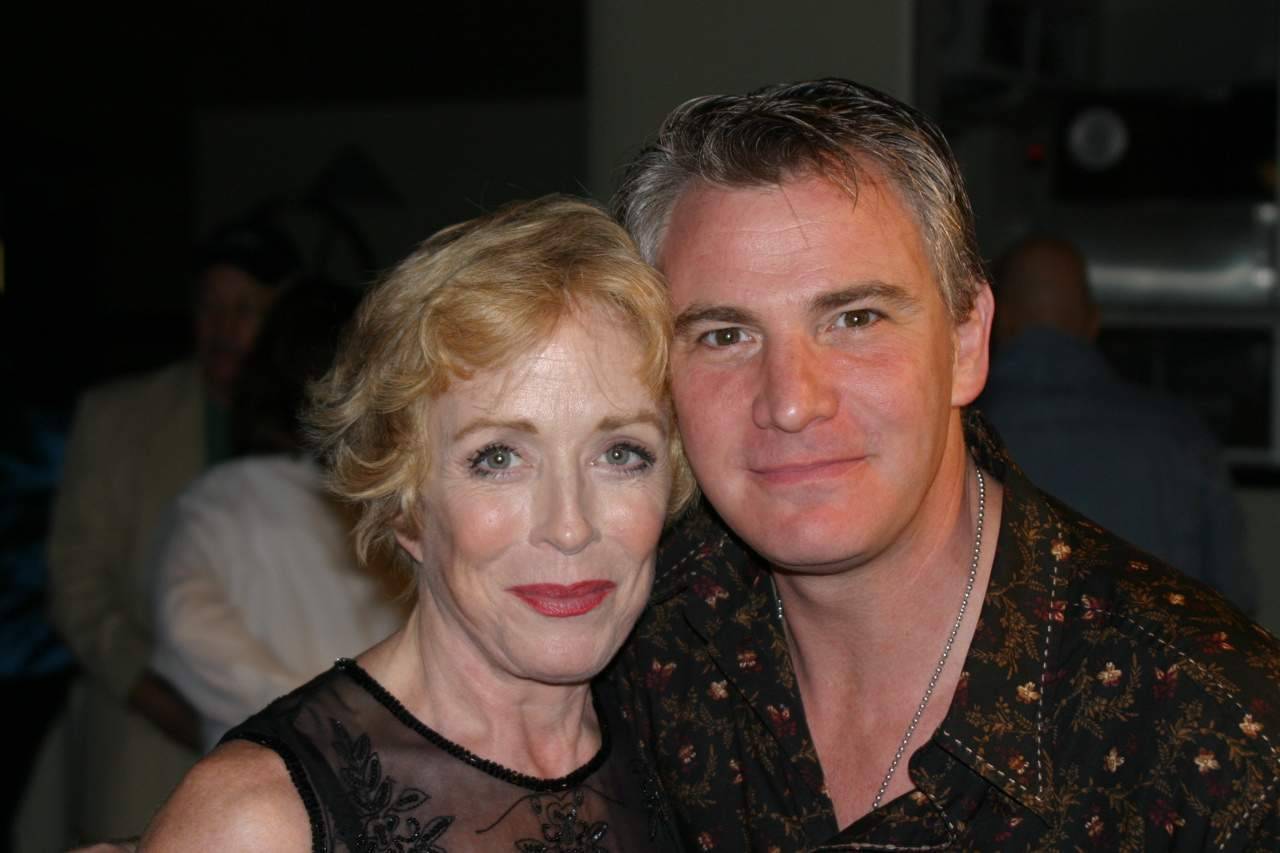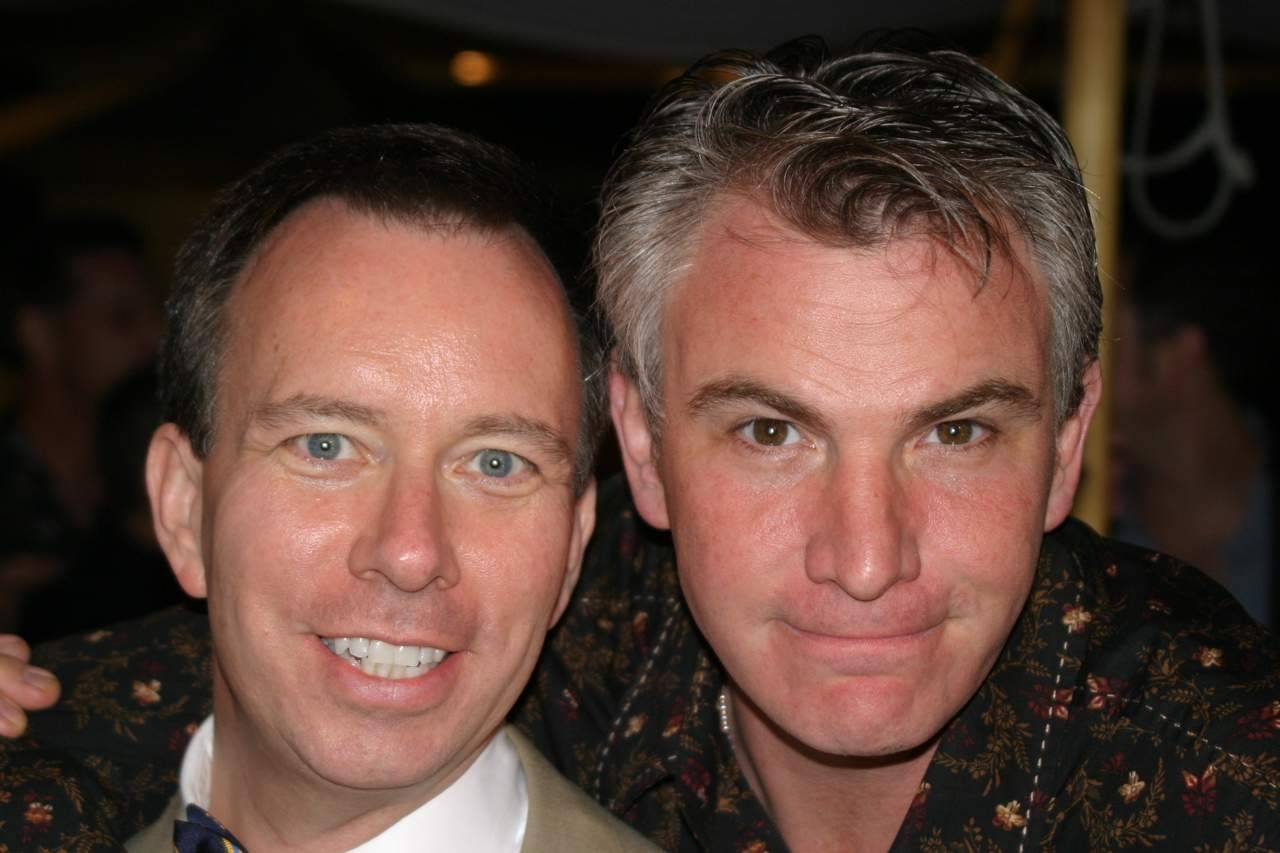Sunset Boulevard
BILLY WILDER’S TOCCATA AND FUGUE FOR OUTSIDERS
Since its release in 1950, we’ve been drawn to Sunset Boulevard like Norma Desmond to a key light.
Typically of many of us, I first saw Billy Wilder’s masterpiece on television. I’d never heard of Gloria Swanson, but I believed there really had been a silent movie star named Norma Desmond and she killed a man and lost her mind.
You think that you didn’t believe it was all real? On your first trip to Los Angeles, didn’t you look up along Sunset Boulevard hoping to catch sight of Norma Desmond’s mansion, knowing it didn’t exist, yet somehow thinking that it must? Remember the first time you took the Vine Street exit off the Hollywood Freeway and recognized the Alto Nido apartments where Joe Gillis lived? Have you ever driven past the Paramount gate and not thought of Max at the wheel of Norma’s Isotta-Fraschini bearing “Madame” to pay a call on Mr. de Mille?
Being a child with some rather odd interests from those of other boys in my rural Pennsylvania hometown, I was fascinated by the baroque, decaying milieu of Sunset Boulevard: that overblown Spanish mansion, the fabulously phony studio backlot, the dead chimpanzee who had “liked fires and poking at them with a stick,” that extravagant car, the kinky butler – a Darwinian sadomasochist place called Hollywood populated by youth-obsessed dreamers.
Exotic stuff to a kid from the cornfields.
A high point of my first months in Los Angeles was catching a big-screen showing of the film in the fraying, dozy Vagabond Theatre. This was just down the street from the by-then-shabby grandeur of Bullock’s Wilshire, where Wilder had filmed Norma’s shopping excursion for Joe’s new wardrobe. In that setting, in this town, there was no question in my mind that every frame of Sunset Boulevard was utterly real.
Part of the enduring appeal of Sunset Boulevard and other movies about movies is that they speak to those times when each of us feels like an outsider. The outrageousness and improbability of both the movies and the people who make them are a metaphor for the post-war world set on its head, where reality is myth, and myth, reality.
Then there’s that deeply felt belief outsiders share that though they are misfits at home, they just know, deep down, that if they could only make it in Hollywood, they’d become the ultimate insiders – just as Billy Wilder and Charles Brackett had done.
I suspect Wilder’s intellect and acute powers of observation made him something of an outsider all his life. Certainly, he must have felt so leaving his homeland for Berlin, then Paris, then Hollywood. There is truth to the fable that he spent his early days here penniless, sleeping on the floor of the Chateau Marmont lobby ladies’ room at night, learning English from radio and movies while seeking screenwriting work. Billy Wilder had been Joe Gillis, that writer whose pockets were empty of cash but stuffed with great ideas.
Wilder’s long-time collaborator, and Sunset Boulevard’s producer and co-author, Charles Brackett, was also something of an outsider throughout his distinguished career. While working as an East Coast Ivy League-schooled lawyer, he wrote fiction that was compared favorably with that of Fitzgerald; an insider moonlighting on the edge. Soon after, he was the New Yorker’s drama critic. You wouldn’t have found many guys with literary credentials like those passing through the Paramount gate every day.
Sunset Boulevard, Brackett and Wilder’s chef d’oeuvre, speaks to the outsider in us all, it’s a cautionary tale, a passion play of otherness. It elates our restrained yearnings to make the grand gesture, to “show them all someday,” to wear one’s anomalies as if they were Salome’s jewels or a gleaming, chauffeured Isotta-Fraschini. Norma, Joe and Max pay for the sins that are our suppressed ambitions. Joe’s resurrection by pruning hooks from Norma’s pool, and Norma’s ascension into her gauzy close-up redeem us. We go home intact, thrilled and satisfied.
How appropriate that this evening’s presentation is held in a motion picture temple, one that opened in 1930, when talking pictures drew a heavy velvet curtain of silence over Norma Desmond’s heyday.
At this performance, in this wonderfully theatrical setting, there’s no real swimming pool on stage; you’ll see no staircase there, no actual Paramount gate. A once-in-a-lifetime gathering of distinguished artists and the brilliant words of Charles Brackett, Billy Wilder and D.M. Marshman, Jr. are all that’s needed to convey this rich story.
Just all that – and those wonderful people out there in the dark.










